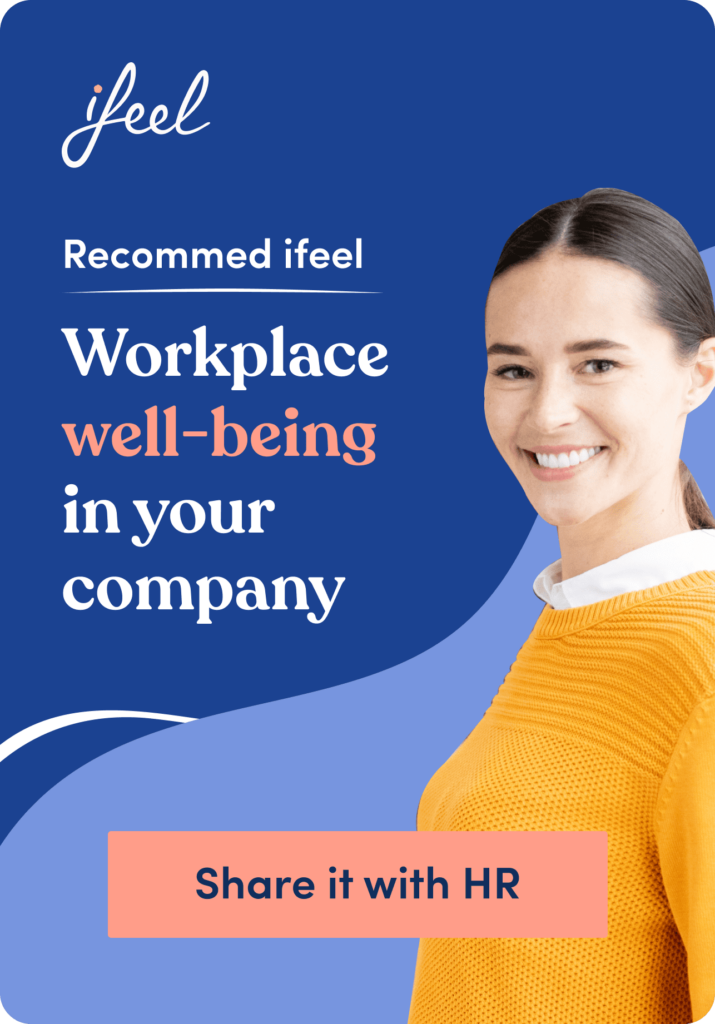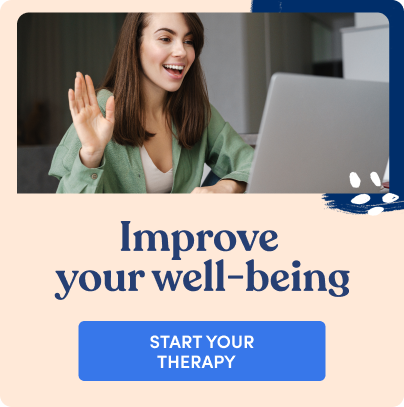Post-vacation depression. Does this term sound familiar?
Pst-vacation depression is a common syndrome suffered by workers. August is over, and after a month or a few weeks of vacation and being switched off, you return to usual hustle and bustle. The same faces, the same routines, the cars, the noise… it’s not uncommon for apathy and sadness to take control over you. In the end, it seems that the average Spanish population works for eleven months a year to be able to have that long-awaited month of rest. But of course, it always has to come to an end.

A lack of energy and motivation accompanied by sadness are the main symptoms of this post-vacation depression. The September slope does not only have to do with the economy – it also has to do with the difficulty that many people find upon returning to their routines after a time of rest.
First, you should know that we have learned to call post-vacation depression any discomfort generated by the return from vacation. Leaving this aside and however deep or shallow your current depression, let’s see what we can do to take a 180º turn to this unpleasant feeling.
How do you turn that post-vacation depression into the push that you need?
It may seem impossible, but you can get something positive out of post-vacation depression. Maybe this is a perfect time to see things from another angle so that you can overcome this period. How can you give a new meaning to this sadness and despair?
In this case, learning to be practical can be really helpful at first. Of course, it doesn’t help to go to work thinking about everything you don’t like. It is advisable to try to see the positive side of things. However small they may be: little challenges to try on a daily or weekly basis: focus on tasks that you like to perform, talk with someone you get along with, learn something new, find comfort in getting to know your environment…
Try to see the world through a different point of view. It is a good time to consider small daily goals that we like. Either at work or out of it.

In fact, it can be very useful to use this time to acquire good habits. For example, let’s allow ourselves to engage in small self-care gestures daily that facilitate returning to the usual routine. These gestures could include taking a hot shower, enjoying a good meal, taking time to practice your favorite sport, dedicating moments to reading, or disconnecting by doing something we like.
Does adapting mean settling for something less?
No. Careful. Adapting to force a better return and seeing the positive parts should not be reason enough to stay in a reality we don’t like or feel uncomfortable with.
The holidays are usually when we allow ourselves to stop (something that is not so easy in these times of constant running), and so during this period, we realize many things we should not put aside. Quite the opposite.
“It consists of finding small, friendly gestured that will facilitate our day-to-day, but without losing sight of the big picture or our vital goals. It is about facilitating existence and adaptation, but not to stop thinking about what would make us feel more satisfied with our lives.”
The positive thing about the holidays is that as they allow us to reconnect with ourselves, or even with the people we want, they often become moments of reflection: we realize what we want and what we don’t, what has value in our lives, what we would like to do, keep, or discard.
Tackling post-vacation depression: Where do I begin?
Although it isn’t necessary to rush and make hasty decisions, you shouldn’t stay in a position or place (physical or emotional) that we do not like or that does not convince us. Getting used to the “known bad” is easier than it might seem, and to get out of there, you need to take steps and evolve, especially if the body asks you to.
We can reconvert this disagreement or disgust into a motivation. If you were uncomfortable in the chair you were sitting in, would you try to change seats? You can use this discomfort you’re feeling to get out of your comfort zone – if you feel like it, of course-.

It’s as if you started a new year in which you could mobilize emotions and set goals that make you feel more satisfied with your life.
Taking advantage of the fact that you are starting fresh and relaxed is a good time to think about those decisions you want to make (not necessarily immediately). Or at least to start defining those goals you want in the short or medium term.
How do I do it?
There is no need to overwhelm oneself or mark deadlines, but it is a great time to focus on what you want to achieve or how you can improve your quality of life.
- Make a list of things you want and plot a realistic path oriented in that direction
- Set targets in the short to medium term and start moving towards there, without haste but also without pause
- Organize a routine that makes you feel as comfortable as possible within your responsibilities
- Recover healthy habits or activities you had left aside
- Start those you’ve always wanted to but never dared
- Launch pending projects
- Rekindle neglected relationships that brought positive things to your life
Slow and steady wins the race. You’re the one who chooses the direction and the goal. All you have to do is lift your head and start going where you want to be.
This discomfort you’re feeling conveys something. Listen to it.
What will happen if you turn these struggles into learning experiences?
We’re talking about your life. After all, it’s up to you to decide what you do with it.

Improving emotional well-being in companies
At ifeel, we want to boost employees’ and their companies’ well-being at work by helping them create work environments in which the management of emotions is constructive, mature, and favors everyone’s performance.
Our psychologists have created an emotional well-being program for companies to achieve this. Through this collaboration, your company’s human resources managers will be able to receive personalized, data-driven advice on how to improve their teams’ psychological well-being. Moreover, this program provides employees with complete mental health care services structured at different levels according to their needs. Try our program now to see how it can help you.
Visit our Resources section, where you will find Podcasts on different topics (such as the employee experience or how to set your career goals), HR Guides, or Interviews with leading HR managers. In addition, you will be able to access a Psychosocial Risk Factors Template, which will help you comply with the Labor Inspection requirements.
We hope this post on post-vacation depression has given you good ideas to facilitate fulfilling your tasks after your holidays. Contact us to learn more about how our emotional well-being program for companies works. Simply get in touch, and we’ll get back to you as soon as possible.











